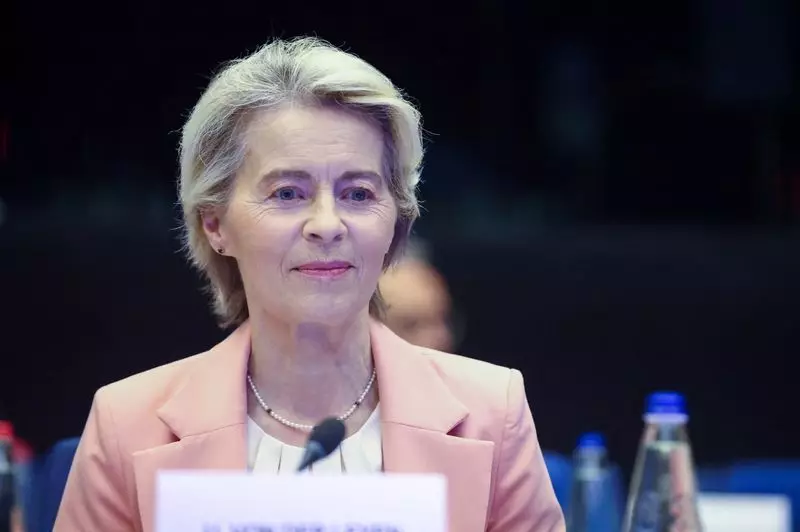The European Commission is undergoing significant 변화 as new appointments have been made, signaling a shift in priorities and responsibilities within the bloc’s leadership. Ursula von der Leyen, the President of the Commission, recently announced a lineup that includes Spain’s Teresa Ribera as the antitrust commissioner, Estonia’s Kaja Kallas overseeing foreign policy, and Lithuania’s Andrius Kubilius taking on the newly created role of defense commissioner. These appointments are crucial as they are set against the backdrop of ongoing geopolitical tensions, particularly with Russia, and underline the Commission’s adaptation to emerging challenges in both security and economic competitiveness.
The European Commission serves as the executive arm of the European Union, tasked with proposing legislation, enforcing EU laws, and overseeing the administration of the bloc’s policies. Each member state is represented, but the influence of individual commissioners can vary dramatically based on their portfolios. This structure not only fosters collaboration among member states but also acts as a balancing mechanism within the political framework of the EU. As such, these new appointments will play a pivotal role in shaping how the EU faces external threats and internal economic pressures in the coming years.
Von der Leyen emphasized that the incoming Commission’s primary focus areas will be prosperity, security, democracy, and competitiveness. She specifically highlighted the importance of fostering a competitive environment that supports the green transition and digitalization, acknowledging climate change as a critical component of their operations. This duality of purpose places the Commission in a position where policy must both protect the environment and stimulate economic growth—an increasingly complex endeavor in today’s rapidly changing world.
Additionally, with the soaring prices of energy and the looming uncertainties of foreign competition, primarily from China, commissioners will need to be adept at navigating these challenges while ensuring that European companies can compete. This makes Ribera’s role particularly significant as she steps into the shoes of Margrethe Vestager, whose tenure was marked by aggressive regulatory actions against major tech giants, pushing for increased competition on digital platforms. Ribera will not only be expected to continue this legacy but also address foreign subsidies that pose a potential threat to local industries.
The appointment of Kubilius as the first defense commissioner marks an evolution in how the EU is addressing defense and military manufacturing. In light of the Russian aggression in Ukraine, the establishment of this role signifies an urgent need for the EU to enhance its military capabilities and self-sufficiency. It reflects a broader trend among Western nations to reconsider their defense strategies in response to geopolitical shifts. This new position is not merely symbolic; it arises from the recognition that European nations must collaboratively bolster their defensive measures, promoting military innovation and manufacturing within the EU.
The incoming Commission will face immediate challenges, particularly from the United States. The results of the upcoming U.S. presidential election could have far-reaching implications on NATO’s cohesiveness and, by extension, on EU foreign policy and trade relations with America. A potential return of Donald Trump to the presidency could disrupt the established support for Ukraine, creating uncertainty within Europe as it navigates its sanctions against Russia and its economic ties with the U.S.
Moreover, with other member states like France undergoing leadership changes, the dynamics within the Commission will continue to evolve, presenting both opportunities and challenges as they seek to maintain unity while addressing diverging national interests.
As the new European Commission prepares to take office by the year’s end, the appointments made by von der Leyen reflect a proactive approach to current and imminent challenges. The blend of political experience and fresh perspectives among the incoming commissioners can serve as a catalyst for innovation in policy-making. However, the success of this team will depend significantly on their ability to navigate complex global dynamics while fostering a resilient and competitive European economy. The road ahead is fraught with potential obstacles, but it also holds the promise of transformative progress for the EU.

